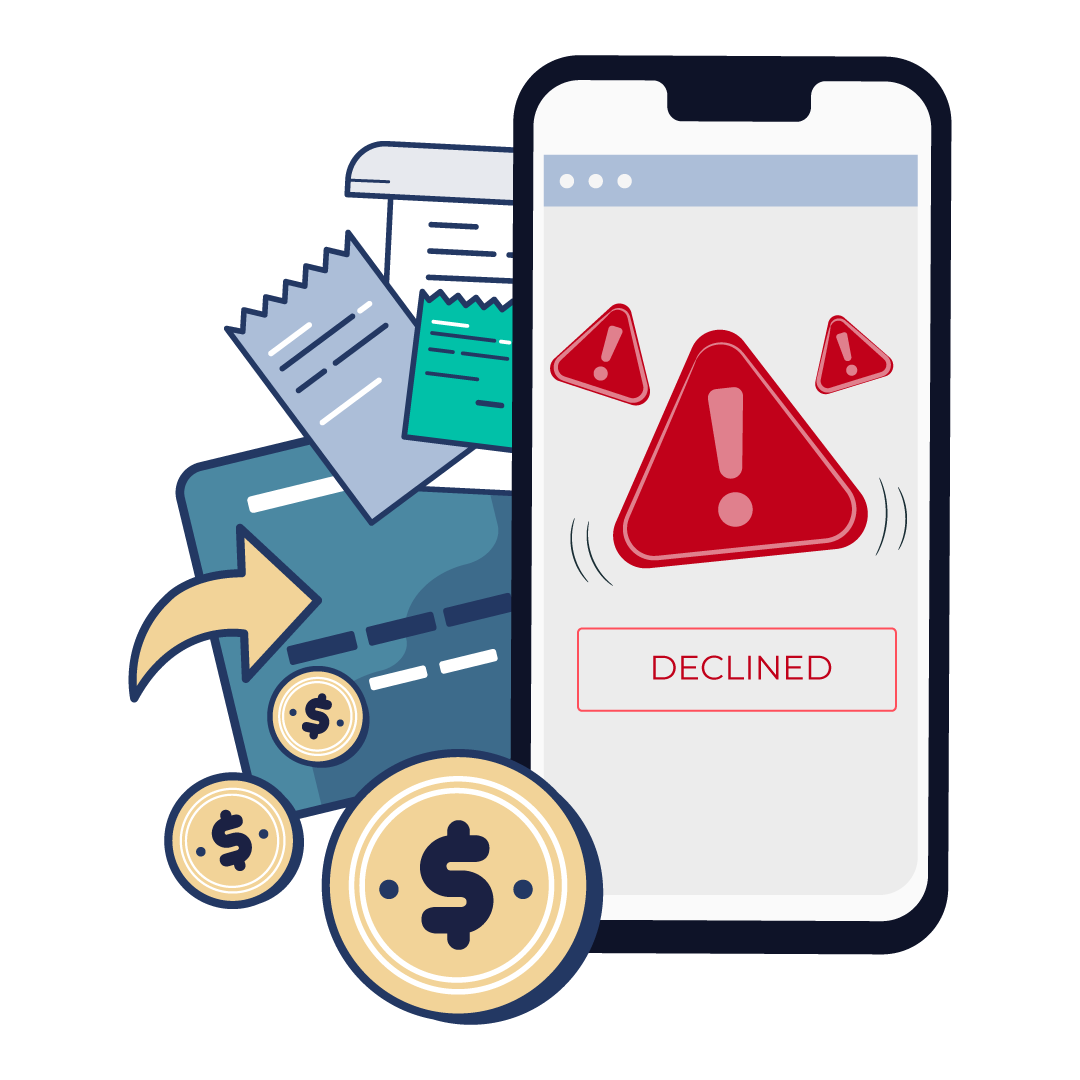I think it’s really a must-attend event for CX professionals. I’ve gone to other events in the past and this surpasses all of them.


Merchants, acquirers, and issuers are so focused on preventing fraud that they tend to lose track of a much bigger issue – declining good customers. This ‘False Positives’ problem costs billions of euros every year and will arguably get worse due to stricter fraud limits in the second Payments System Directive (PSD2). In this roundtable, moderated by Ekata, we discussed how best to track and reduce false declines.

The luxury goods retailer is tracking false positives with a manual review system. However, it’s an imperfect solution and it creates friction in the order.
In contrast, the online travel company’s fraud department cannot fit manual reviews in its timeframe because they do not ship physical goods and they rely solely on third-party data for tracking.
They can do manual review through customer service when a payment was charged but a booking did not go through. However, connecting the dots is hard. Some false positives are difficult to avoid due to the nature of the business. For example, a business traveler books a 1 p.m. flight, and then has to cancel, and has someone else book a 2 p.m. flight on his behalf instead.
The beauty brand’s fraud team says it’s easier for them to track false positives because they will hear from the customer one way or another. If a customer does not contact them first, they place cheerful calls or emails to customers when there is suspected fraud. It’s easy to spot the fraudsters on the phone because they do not want to talk or cannot answer simple questions. They do process manuals right away because sometimes it’s simply a card number that is entered incorrectly.
We are careful about who we send this key document to. The session notes will be sent based on the request, provided your profile matches our qualification criteria.
Ekata provides APIs and a SaaS solution built around five core identity elements: name, phone, email, address, and IP to help you assess risk in all types of online interactions. These include fake account creation, payment authentication, transaction fraud and manual fraud review.
Participation in the Virtual Roundtable is free of charge to qualified attendees. Once you’ve completed the registration, we’ll confirm your invitation and send you a calendar invite with a link to the meeting.
If you don’t qualify, we’ll suggest other learning events that may be a better fit for you.
I think it’s really a must-attend event for CX professionals. I’ve gone to other events in the past and this surpasses all of them.

A lot of other conferences I’ve gone to are driven off a podium, someone presenting me a solution before they understand my problem. Here I have an opportunity to talk to my peers and learn from them.

I’m not part of some enormous crowd out there. I’m getting lot of interaction, hearing from people, their own personal stories. Individual examples of how people are leveraging their CX skills in their industry, in their business, in the work that they do everyday.

Very intimate, Very one-on-one! You are able to really get a lot of candid responses, so we’re getting a ton of value from that and a lot of valuable insights.
